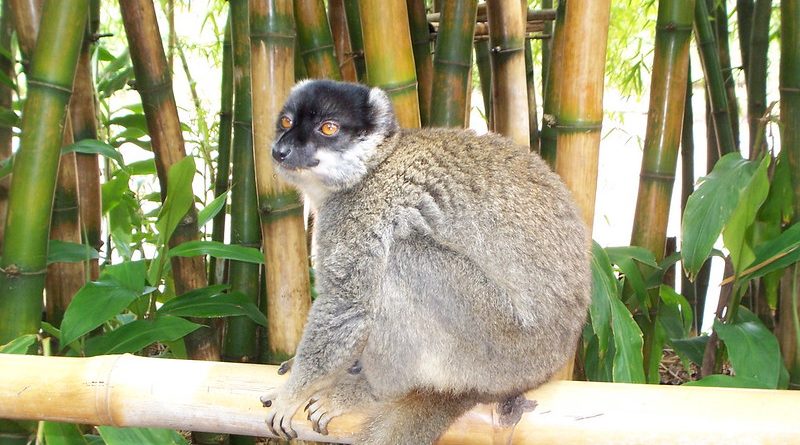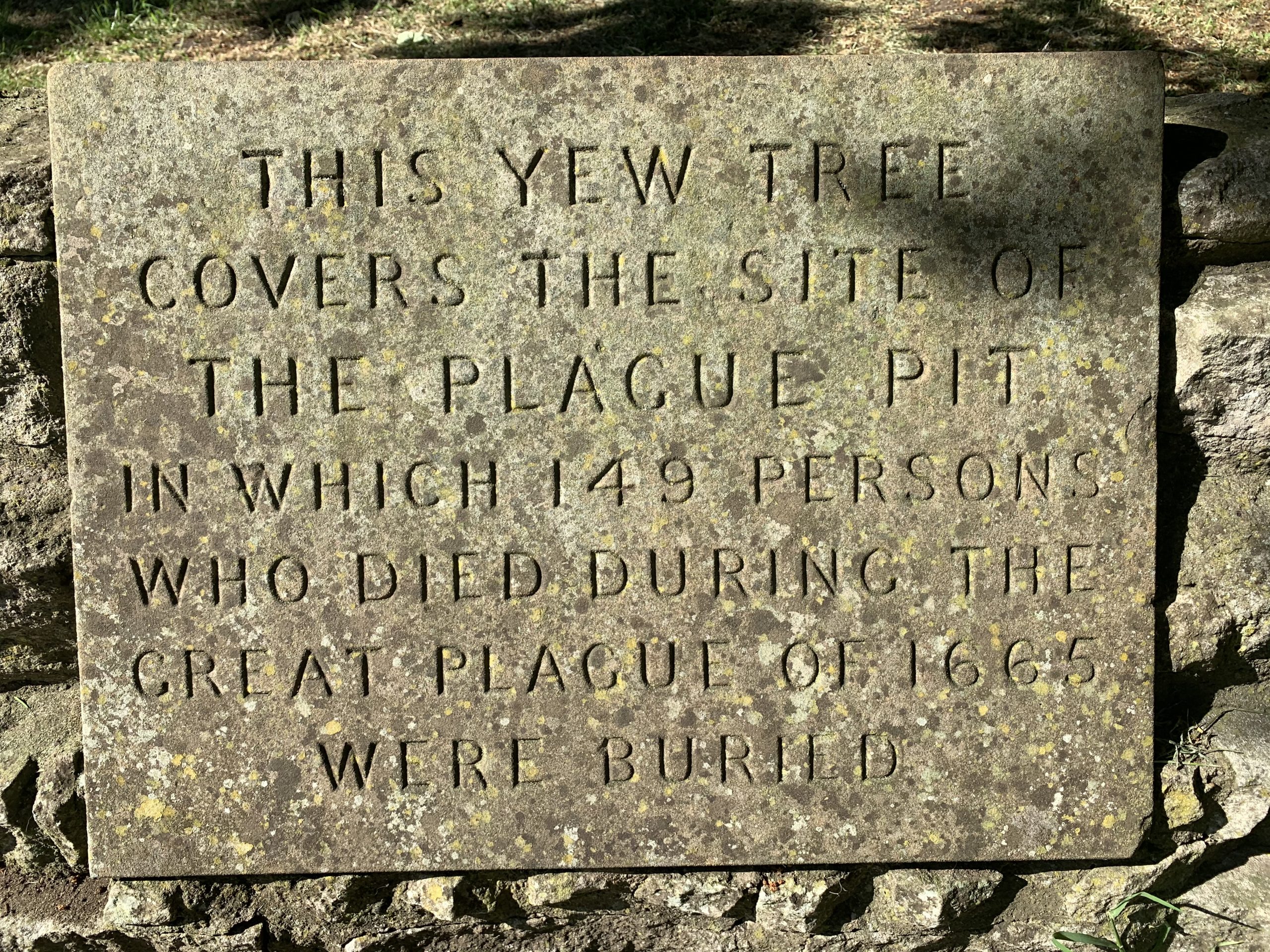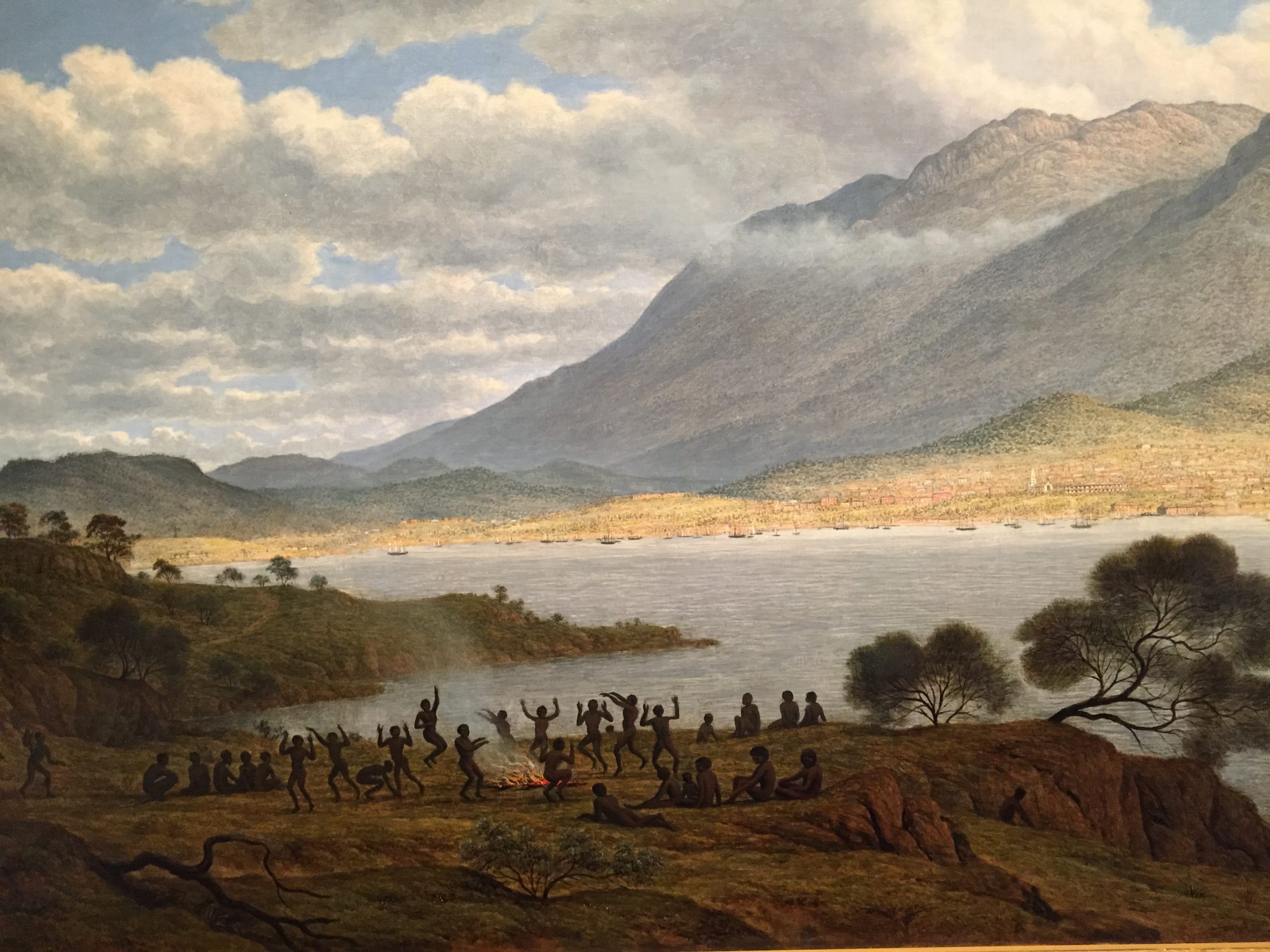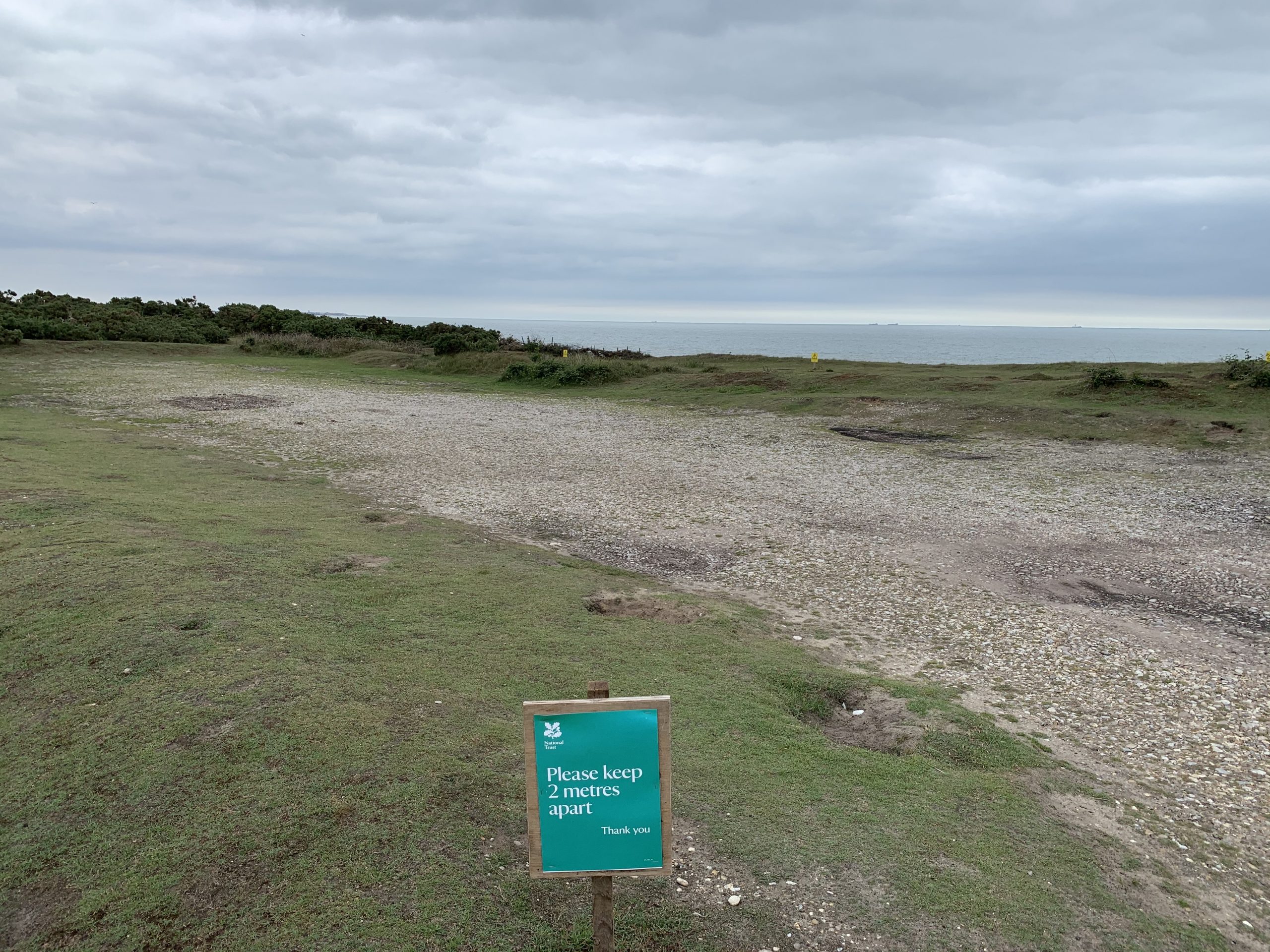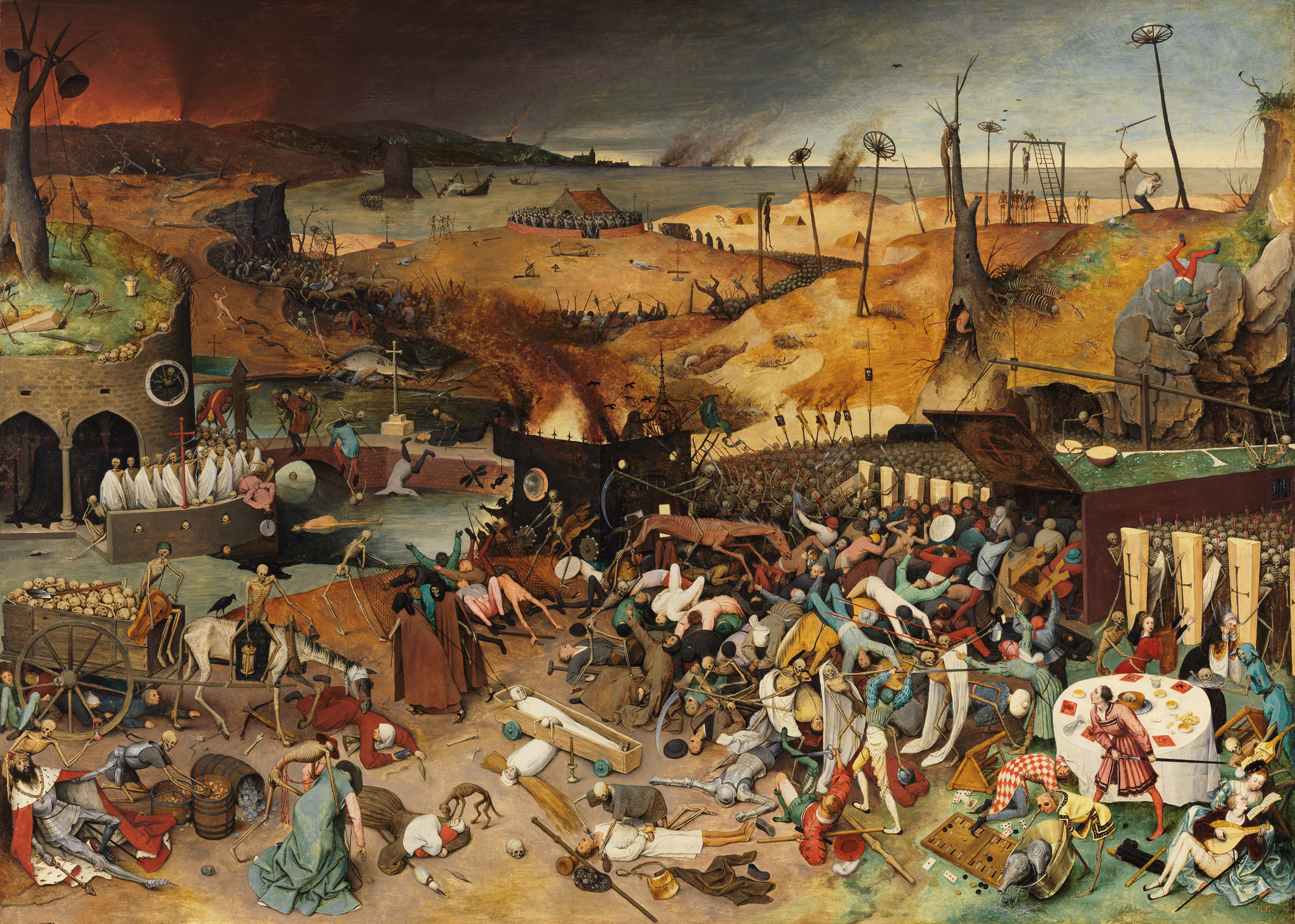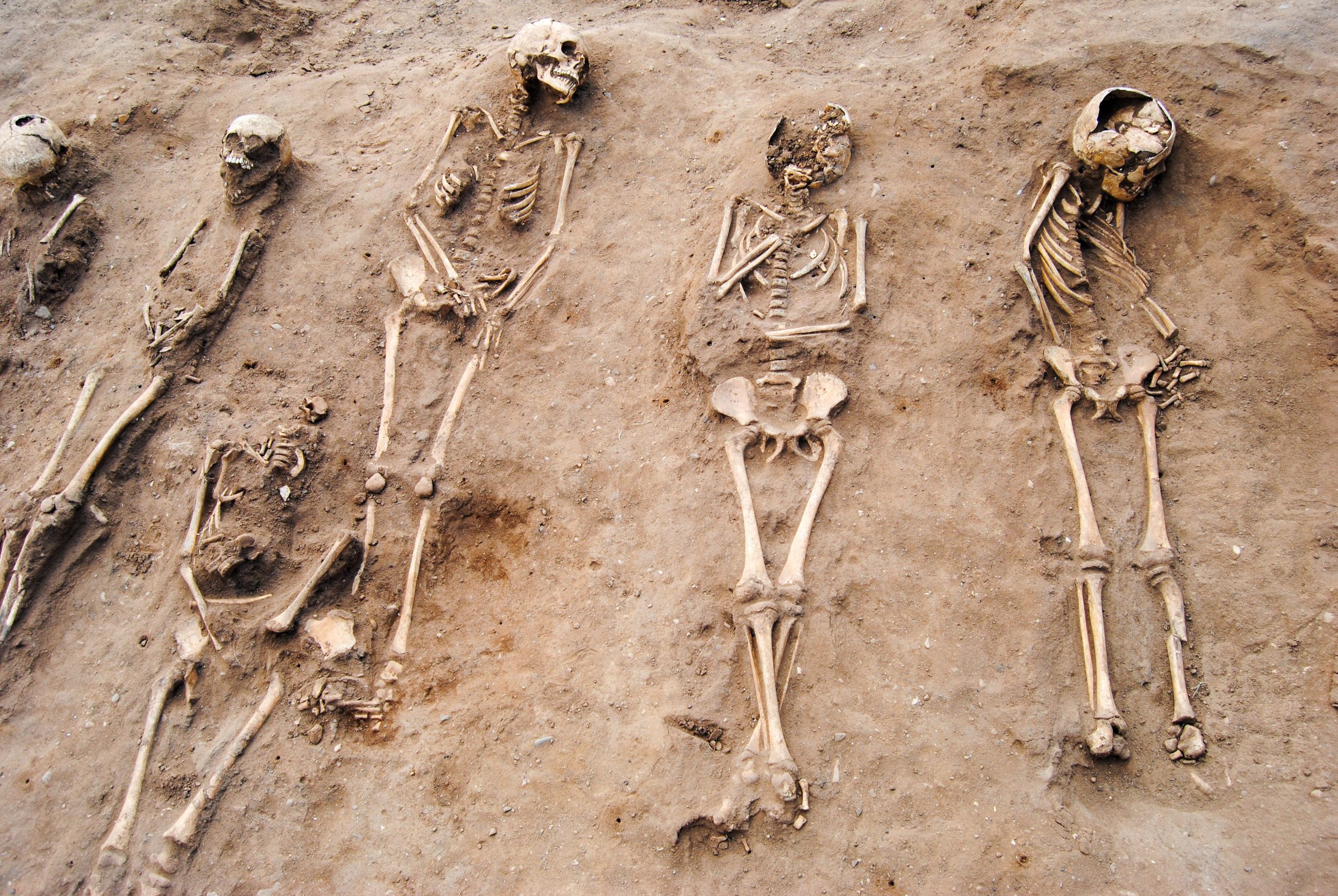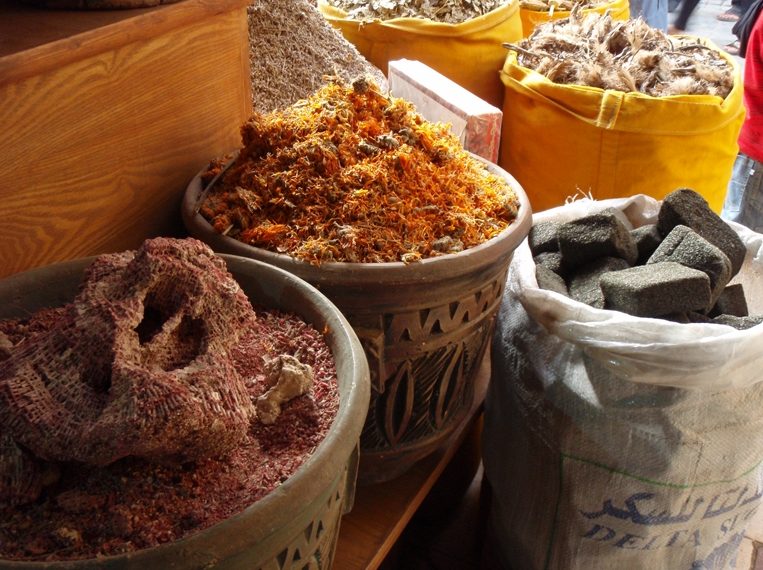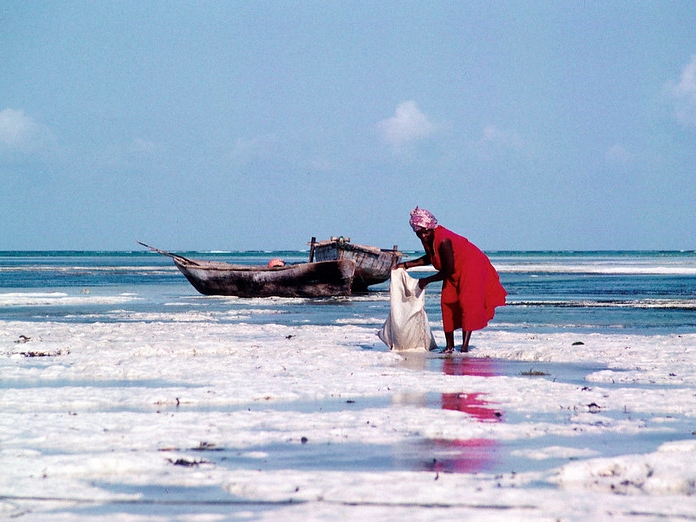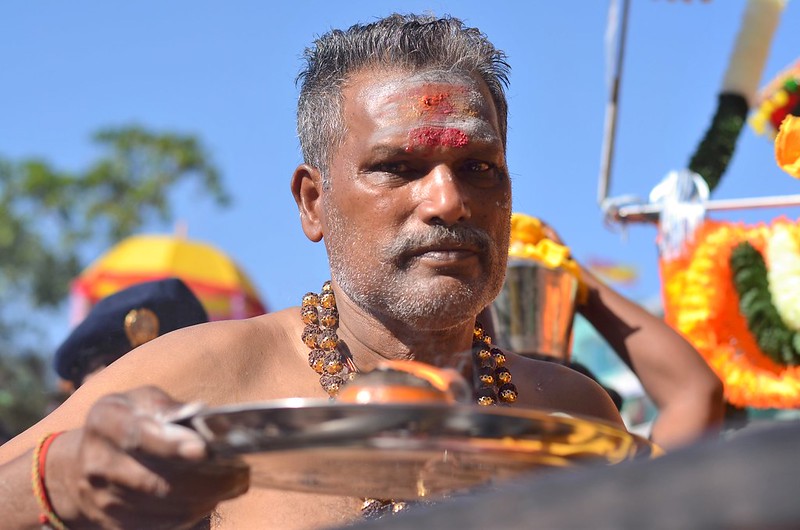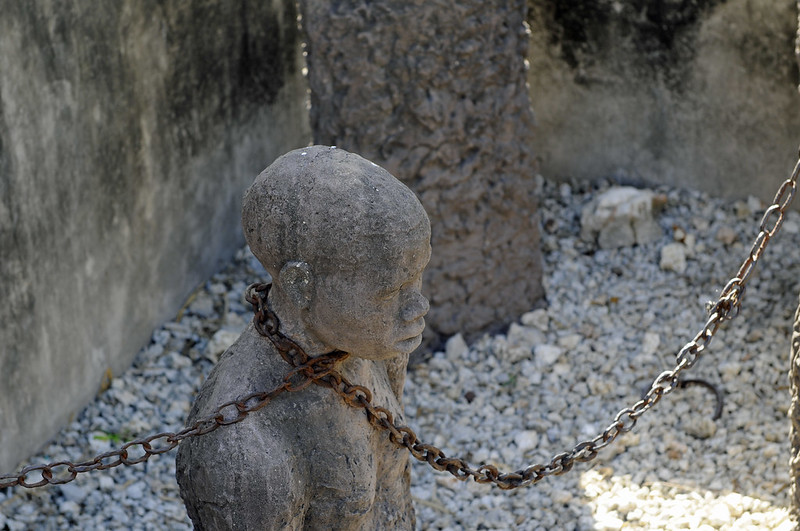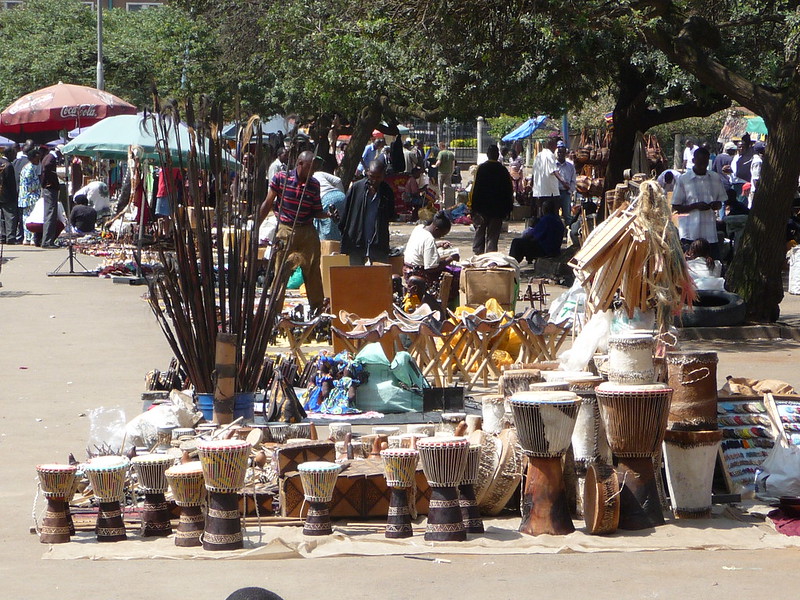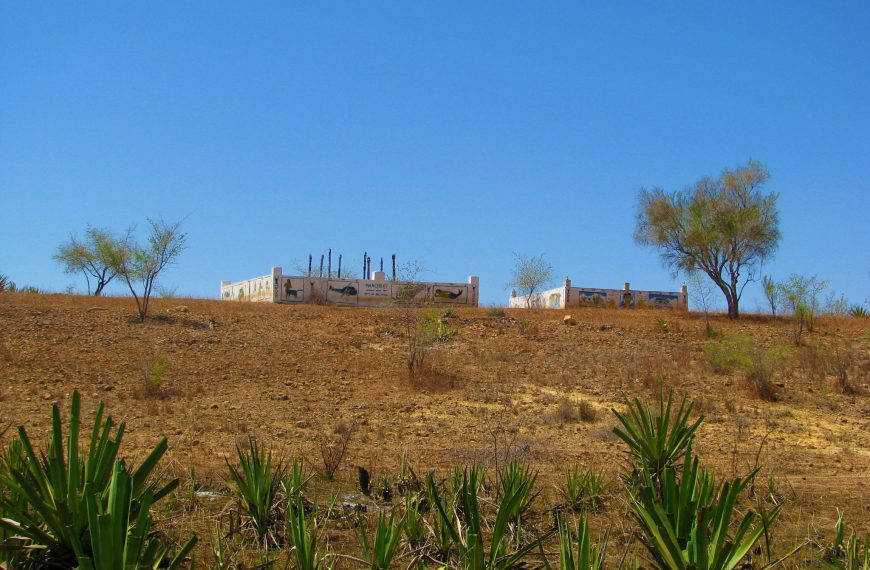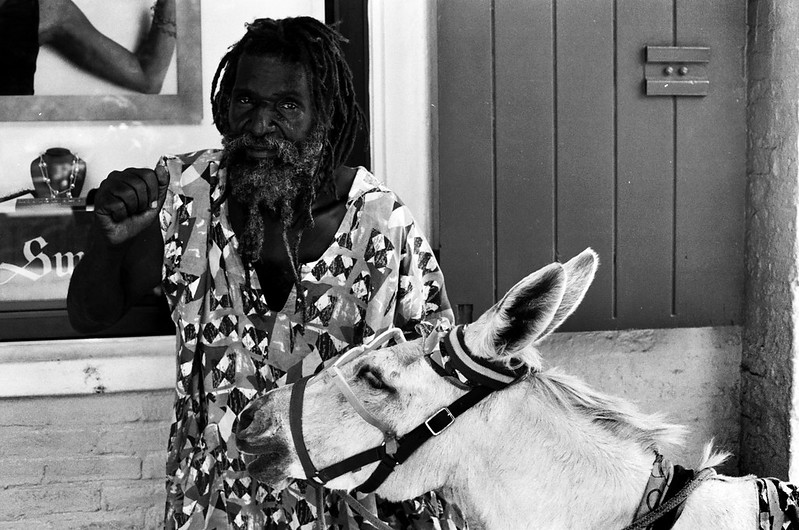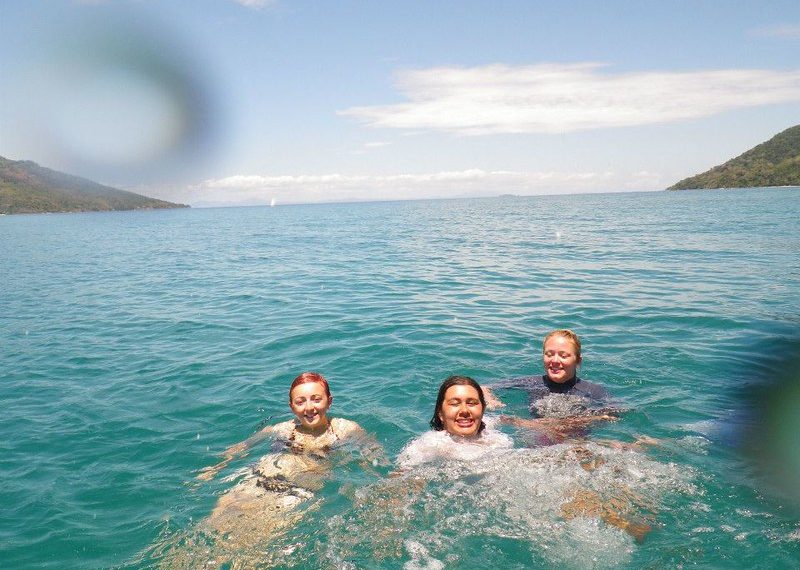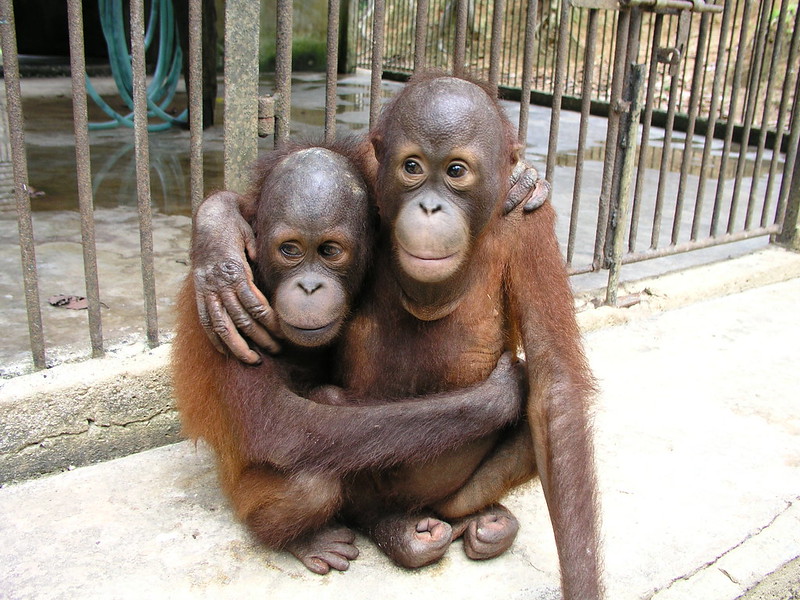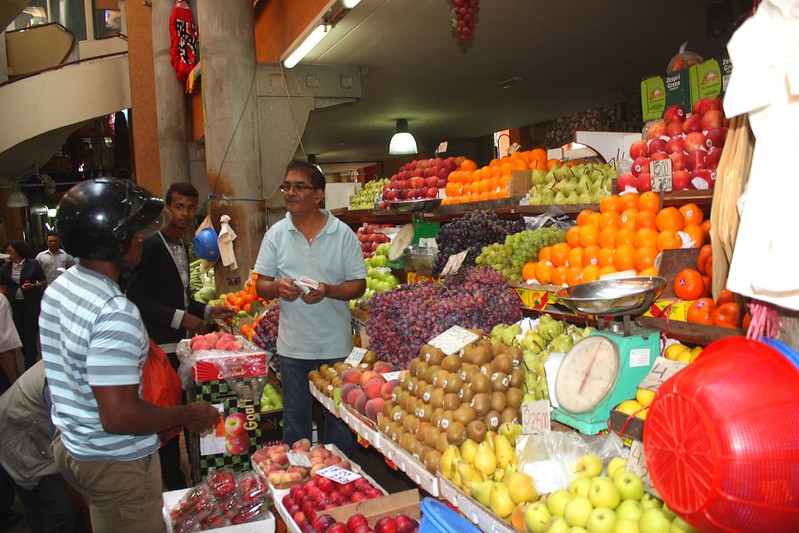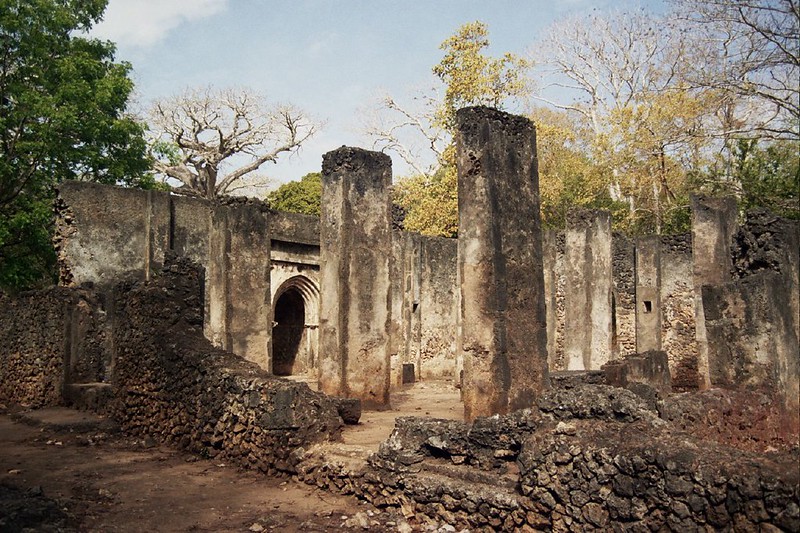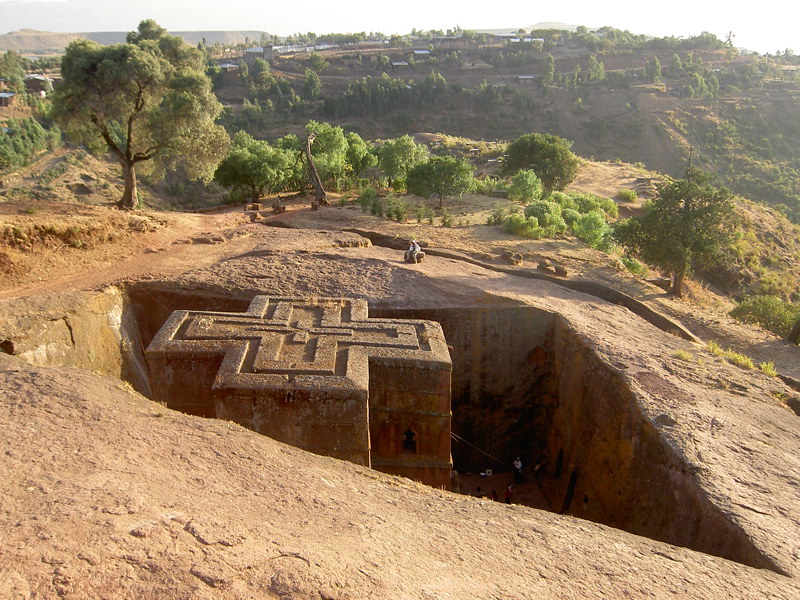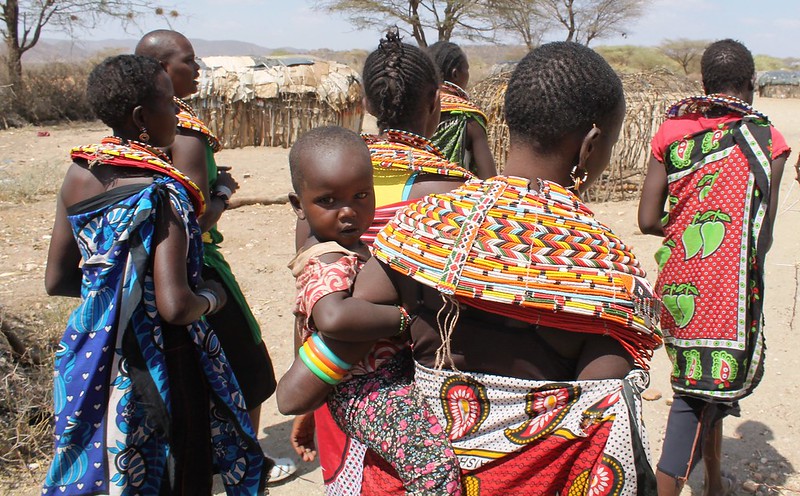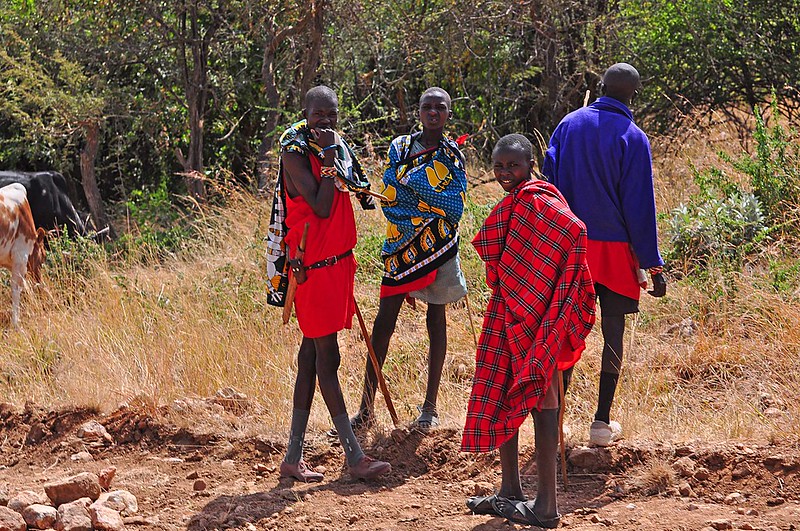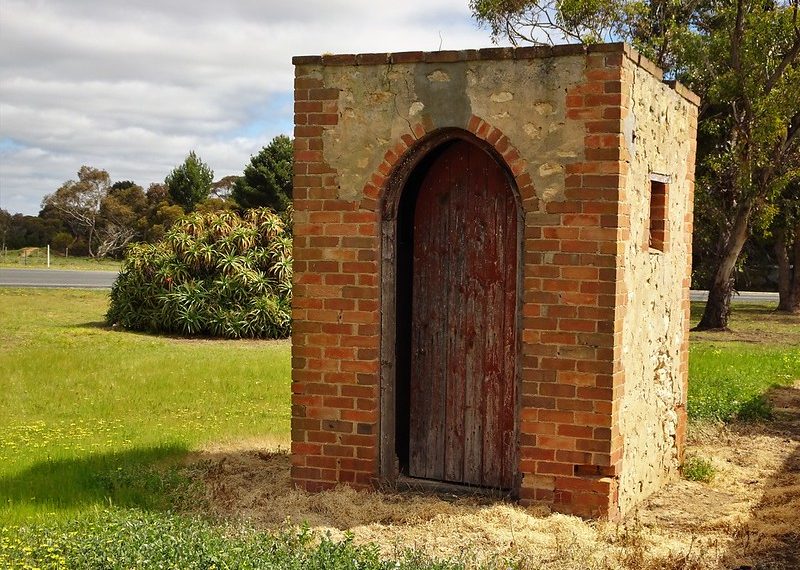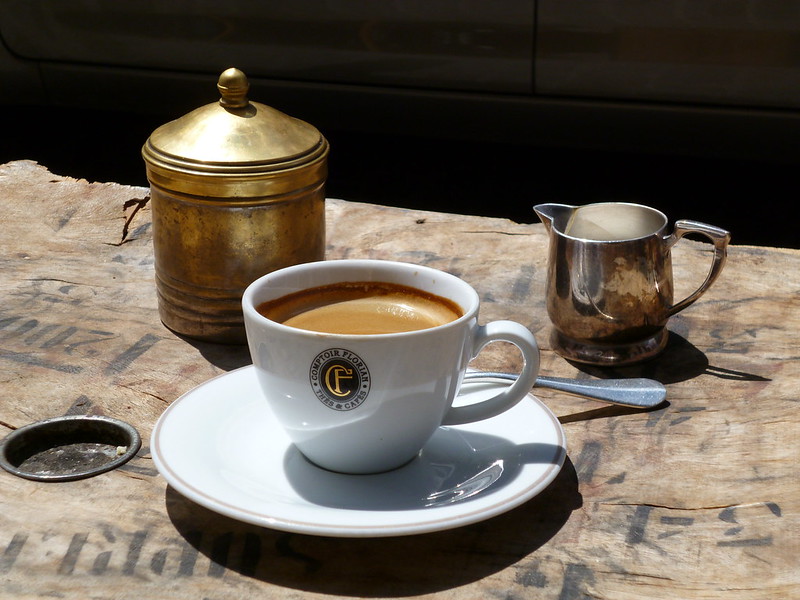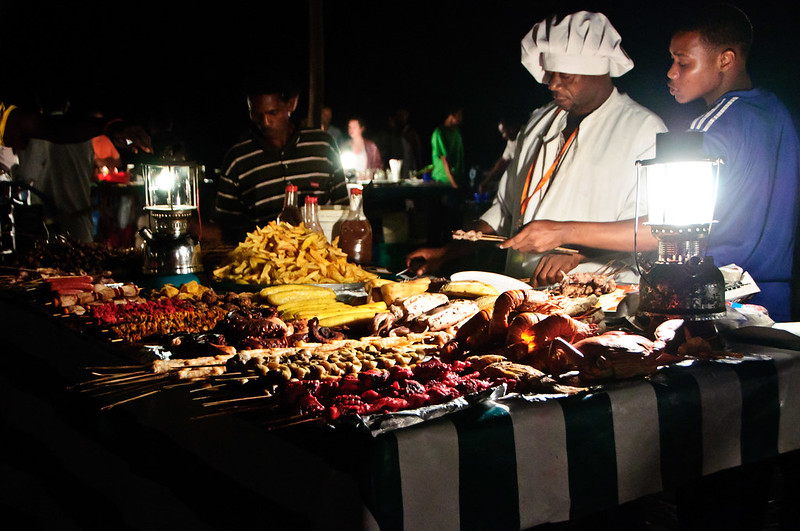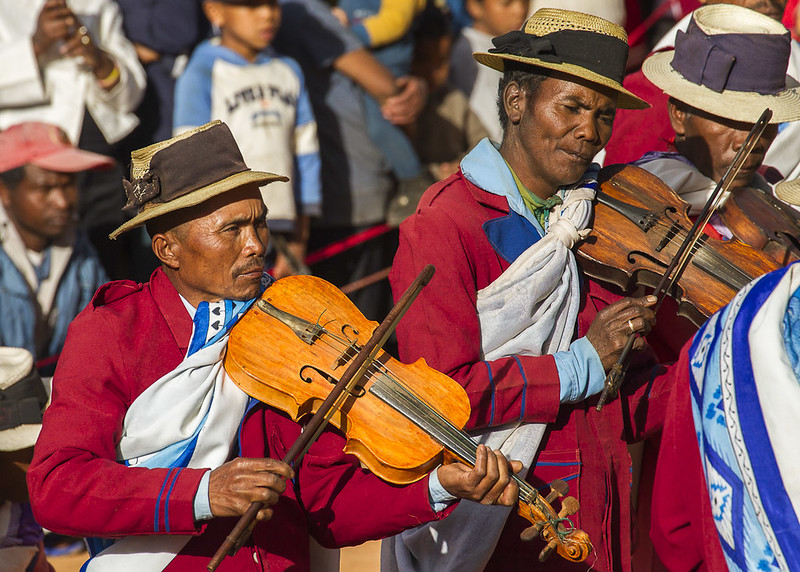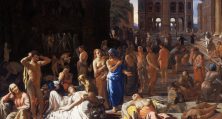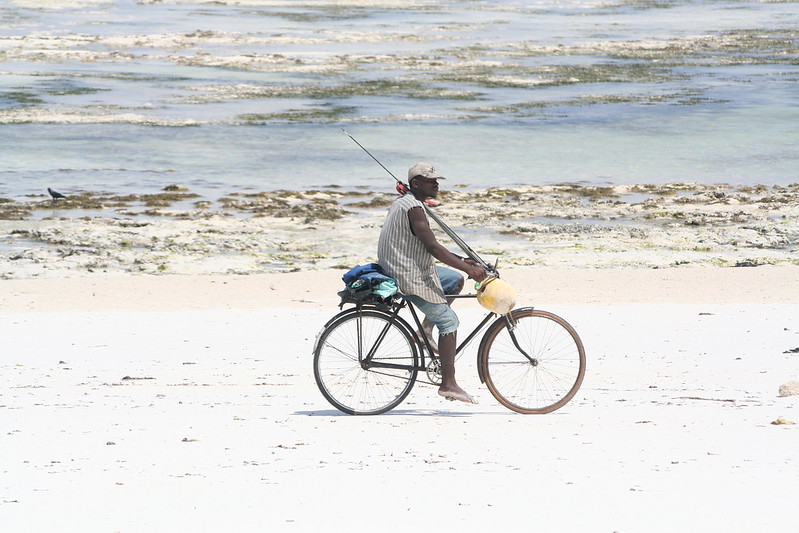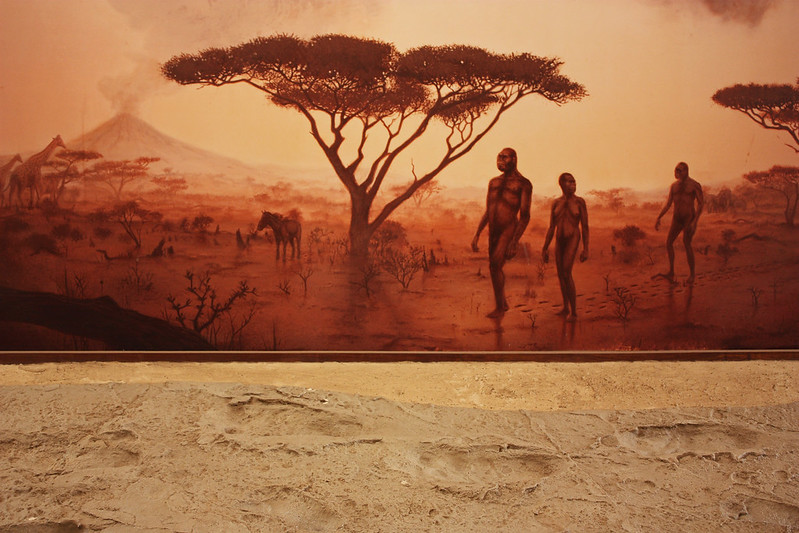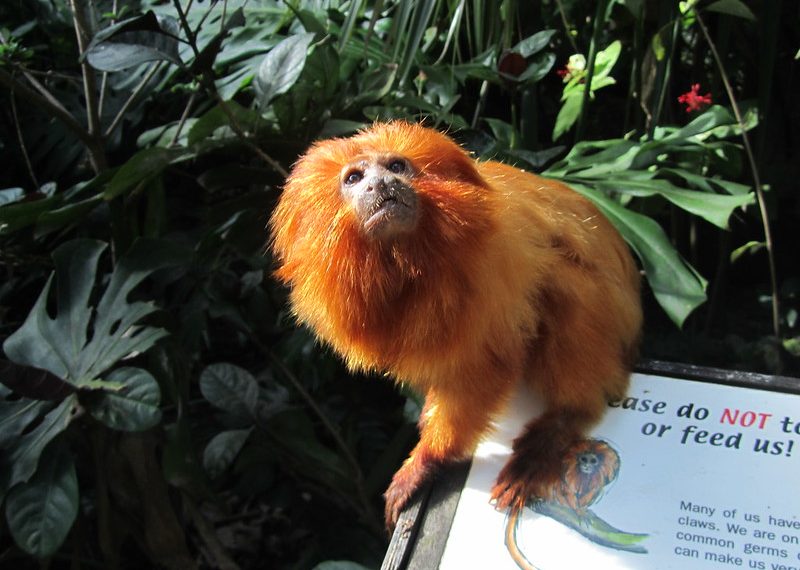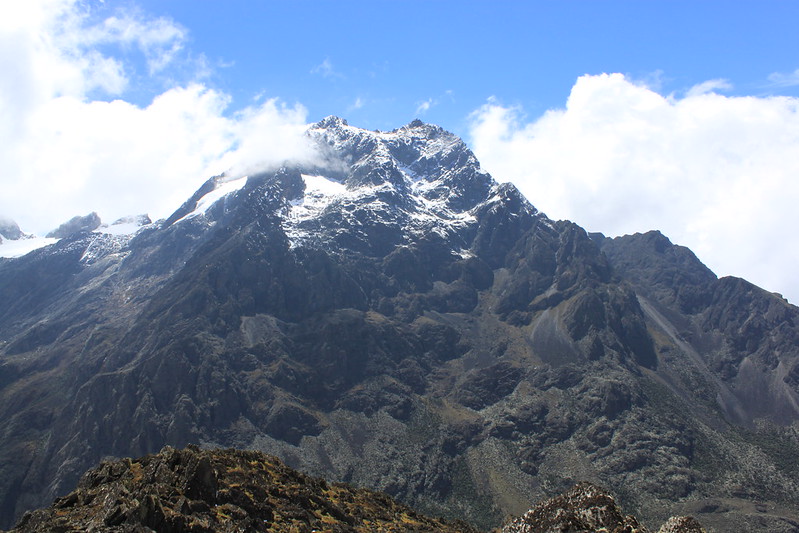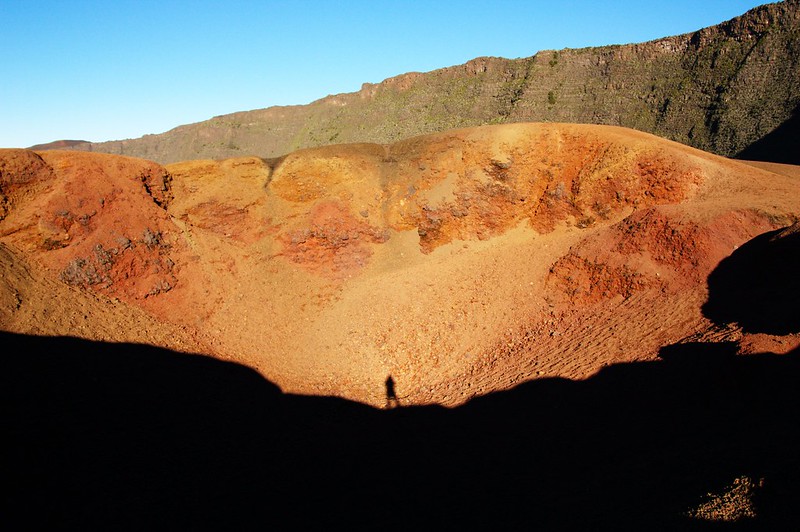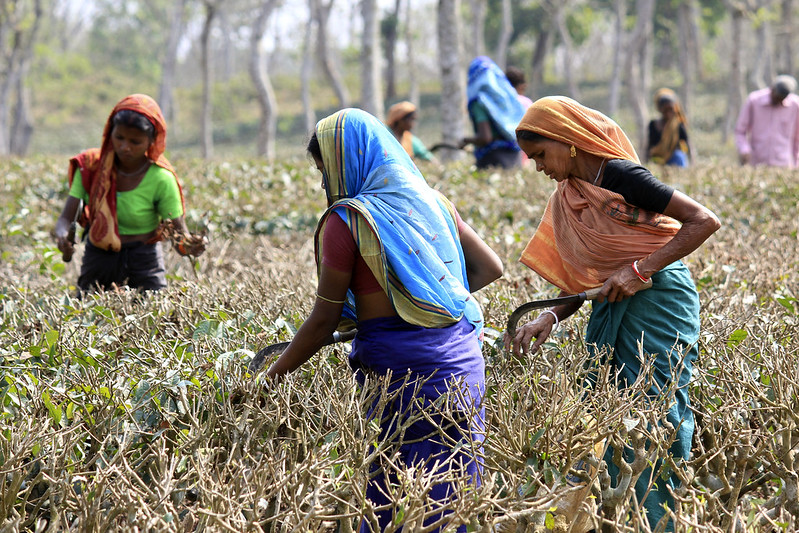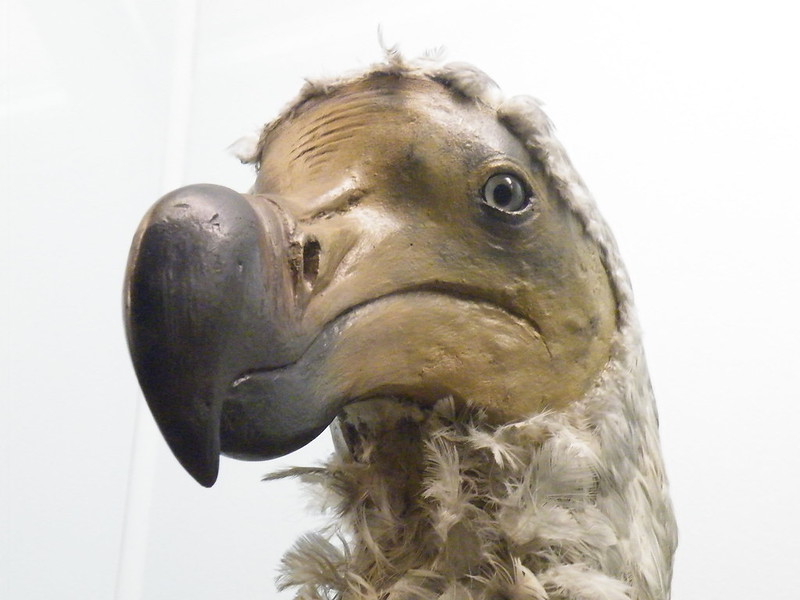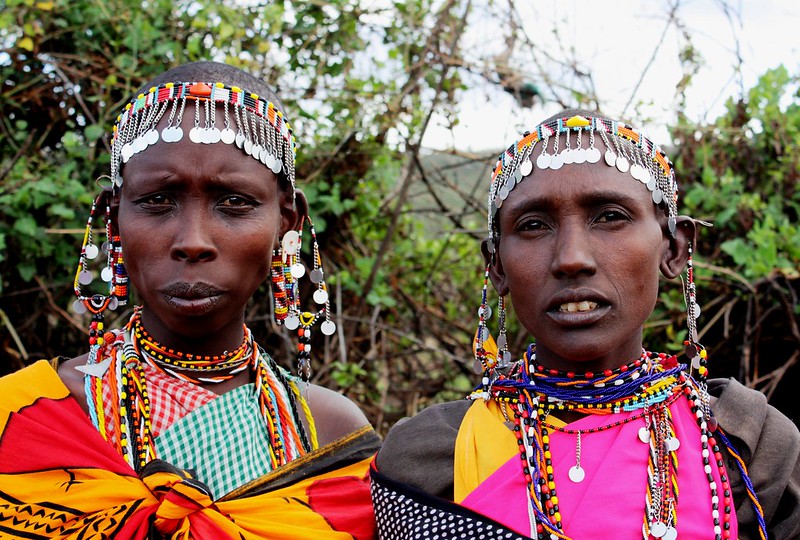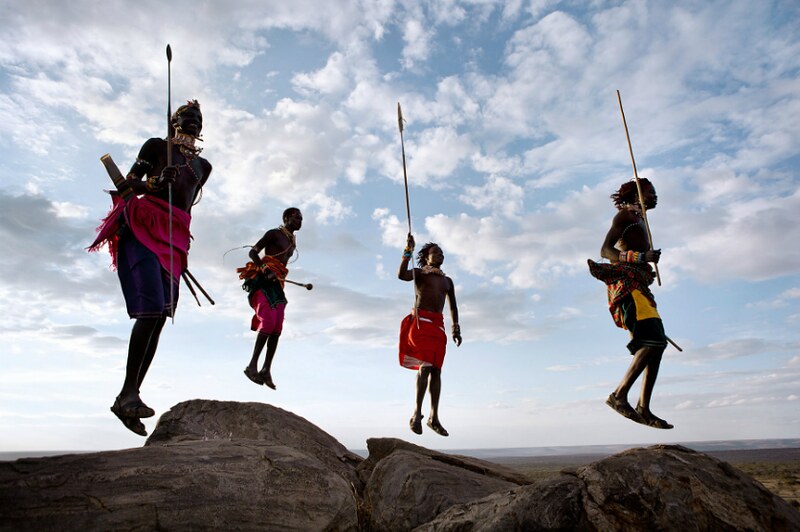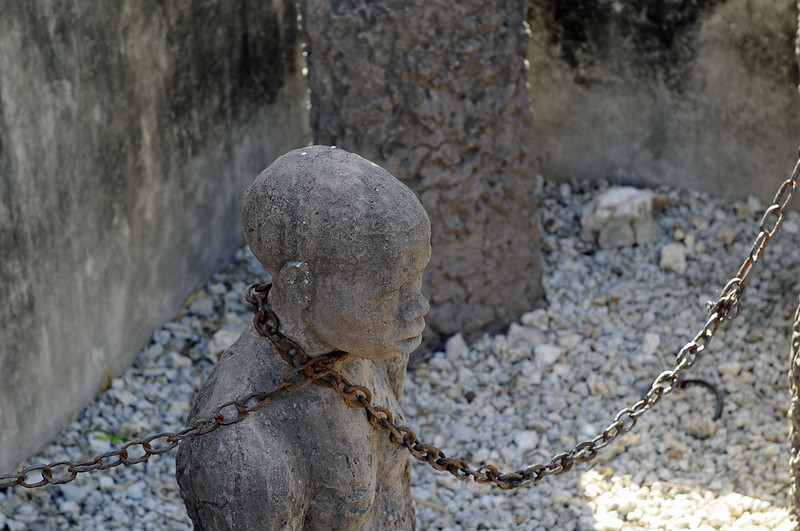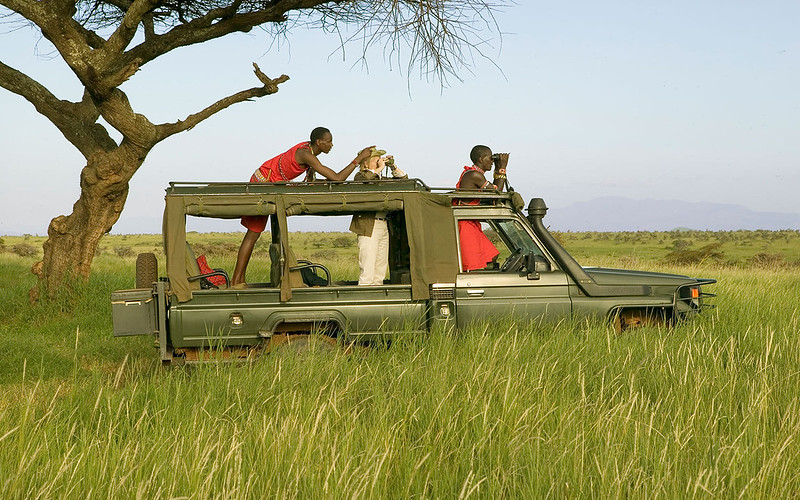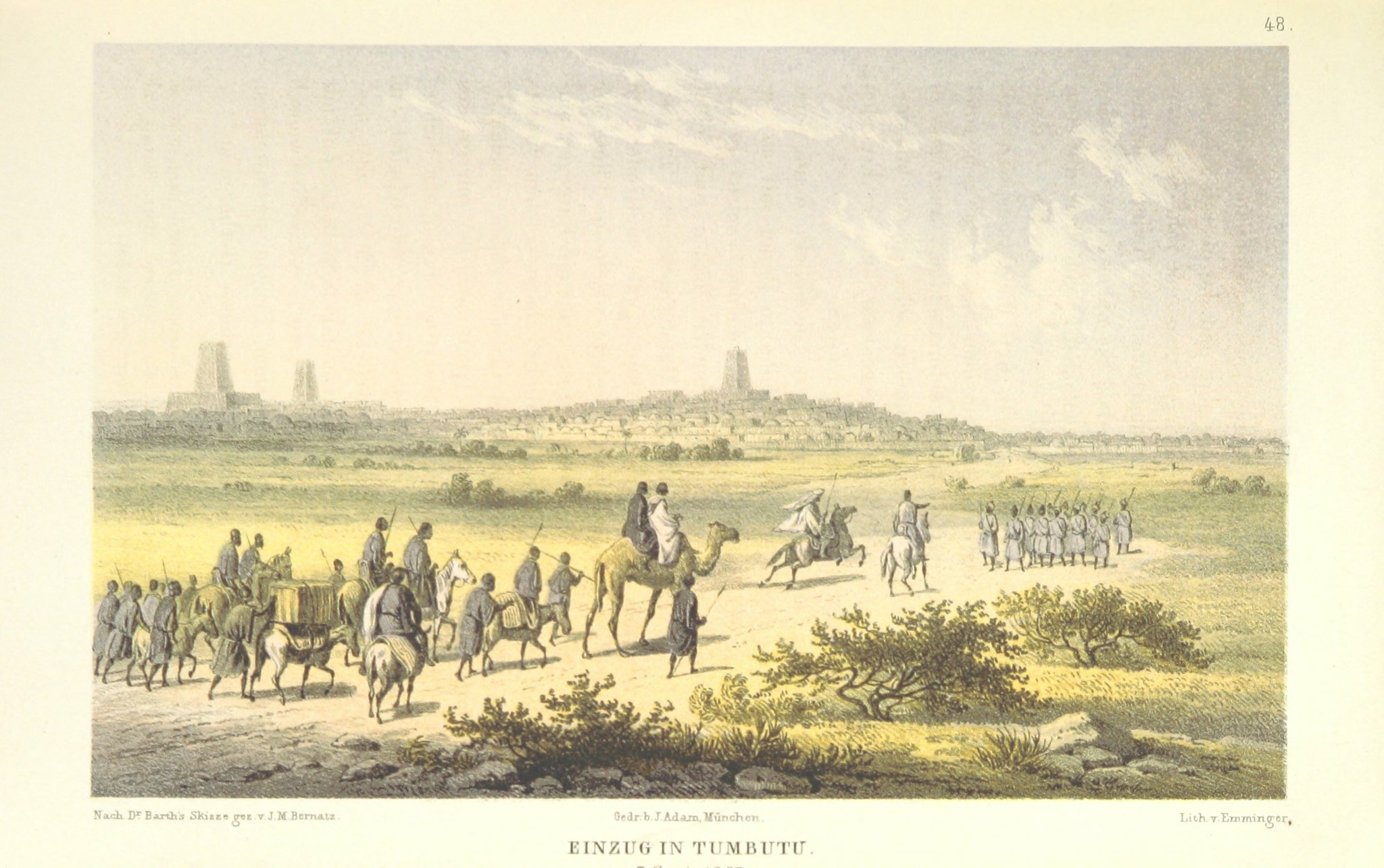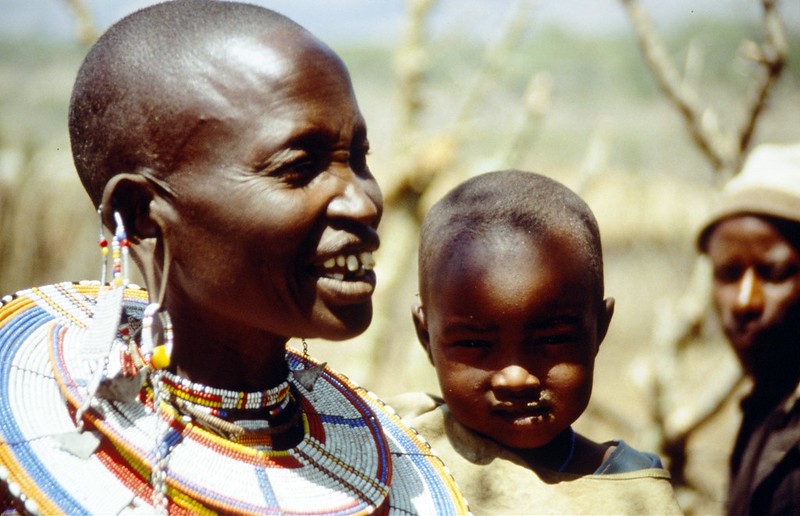Cash
The currency is the Malagasy Franc. French Francs are the best currency denomination to bring with you, though US dollars and increasingly Euros are being accepted. Cash is best, but travellers checks are accepted too; expect to be hit with a commission of upwards of 9%.
The cost of travelling on public transport in Madagascar is moderate if you consider that fuel has to be imported. Expect to pay about US$25 per day for travel with a decent room in a guest house (though cheaper ones exist, they are unadvised for security reasons) and meals in local restaurants.
The costs will rise dramatically should you travel in the tourist areas like Isle St Marie or stay too long in Tana. High end hotels are centered in Antananarivo and the beach resorts so you can easily spend US $100 a night on places there.
Bargaining is done at all levels in Madagascan life so bring these skills with you when you hit the market. Tipping is best done by rounding up the amounts on
restaurant tabs.
For up to date currency information, check the Currency Converter.
Climate
The island is thickly forested and lies south of the equator off East Africa. The seasons are reversed from the Northern Hemisphere, so April to October is winter, which is a dry time of the year. The extremely hot summer (November to March) is best avoided, for high humidity and heavy rainfall can spoil your overland trips. Mountainous regions are quite cool so it is important to bring appropriate clothing.
Dress
With such a religious population, it is wise to dress conservatively – both men and women. Keep the legs and chest covered for both sexes. Loose cotton clothes are advisable to avoid overheating in the climate, though be prepared for colder temperatures in the hills.
People
The people of Madagascar are an interesting mix of Arabs, Africans, Malays and French, including eighteen major ethnic groups. Eighteen million people call Madagascar home. The island was believed to be uninhabited 2000 years ago, before South-East Asian settlers arrived.
Most of the current inhabitants were immigrants that came here from the Middle East, Asia, or mainland Africa; lowland people are mostly of African origin: The largest coastal groups are the Betsimisaraka (about one million) and the Tsimihety and Sakalava (500,000 each).
Many original tribes still exist in the rural and highland areas, like the Merina (2 million) and the Betsileo (1 million). Christianity and Islam are the dominant religions of the country though indigenous beliefs in the spirit world still continue to exist. 40% of Madagascans are Christian, split evenly between Protestant and Catholic, and a historic rivalry between these two sects continues to this day. The north is more Islamic due to the Arab traders that settled the island, and the south is more Christian due to missionary activities here.
Food
Rice (vary) is grown throughout the country and forms, with cassava, the basis of most meals. Stews are in fact the national dish with Romazava, a vegetable and meat recipe being the most famous. Seafood is harvested along the coasts and made into delicious grilled dishes. Food is served in hotelys – cheap roadside stalls found everywhere. Citronella tea is popular and many home brews exist, particularly in the remote islands.
Language
Most people speak Malagasy, though French is the second language and spoken among the urban population. It wasn’t until 1960 that the country gained its independence from France. If you don’t speak Francais then it’s best to bring a phrase book in French or Malagasy. The Malagasy language is of Malayo-Polynesian origin and is generally spoken throughout the island. With so many tribal people like the Bara, there are numerous tribal languages widely spoken so communication in some areas can be difficult.
Health
Yellow fever and cholera vaccinations are required; malaria is a big problem in Madagascar and you must meet with a tropical medicine doctor to discuss medication to take while you’re there. Avoiding ice, unpeeled fruits and cold meats is advisable, especially in the rural areas. Drink lots of bottled water to avoid dehydration.
Visas
Visas are required by all nationals, and need to be obtained at a Madagascar embassy or consulate before departure. They can be expensive, and are issued for 90 days. Tourist visas can cost US$70 for a single month, but check with your local embassy for details.
